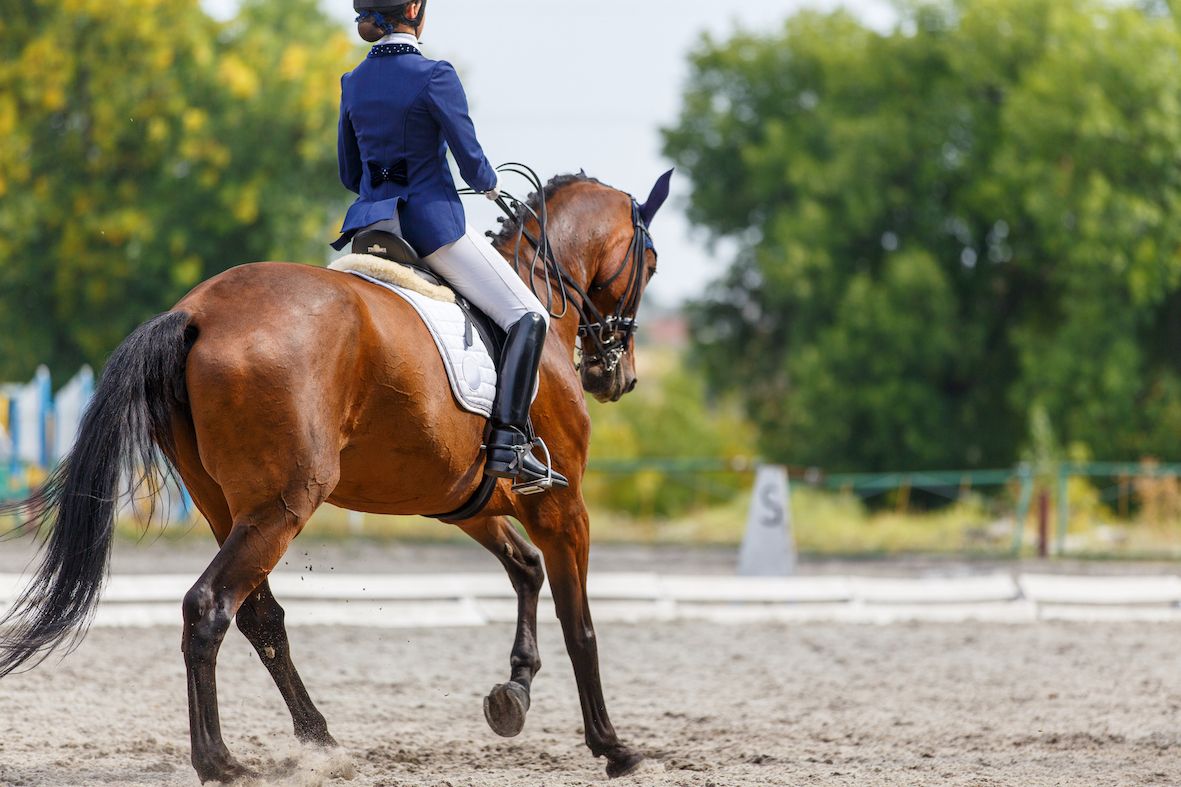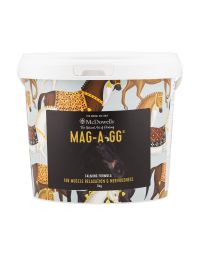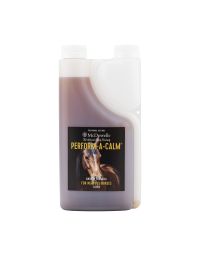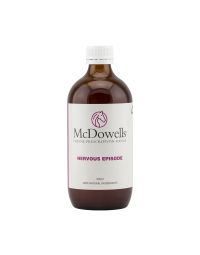The nervous system - whether in humans or animals - is one of nature’s most intricate and intelligent systems. From the moment life begins, the heart and its associated nerve plexus are among the first to form, followed closely by the central and peripheral nervous systems. This early development reveals how vital the nervous system is to every function and feeling we experience.
Interestingly, in traditional Ayurvedic medicine, these nerve plexuses align closely with the chakra system—centres of subtle energy long recognised for their role in emotional and physical balance. Modern science adds another layer to this ancient wisdom: we now know the heart has its own neural network, containing cells similar to those in the brain. This “heart-brain” connection plays a role in emotional processing, decision-making, and even memory, giving new depth to the concept of “heart intelligence.”
Understanding the Stress Response
Our autonomic nervous system—which includes both the sympathetic (fight/flight) and parasympathetic (rest/restore) branches—is a constantly moving information highway. It helps keep all systems of the body synchronised and in balance.
When an animal or human experiences sudden change, unfamiliar environments, or perceived threats, the nervous system is activated. This response may be subtle, such as restlessness or irritability, or more pronounced, like digestive upset, hormone shifts, or behavioural changes. In equine health, for instance, a change in herd dynamics, a competition, or separation from familiar surroundings can cause visible distress.
Scientific studies now affirm what natural practitioners have long observed: the brain is neuroplastic—meaning it can change and adapt throughout life. This includes adapting to trauma or prolonged stress. But when the nervous system remains on high alert, it creates a biochemical feedback loop—especially through the adrenal and thyroid systems—that keeps the body stuck in survival mode.
In horses, this often appears as hormonal imbalances, nervousness, or even aggression. Some mares may come into season after a stressful event, and certain stallions may become unmanageable. These stress responses can persist if not addressed gently and holistically.
The impact of chronic stress
When stress becomes chronic, it’s like a lightning bolt through a phone line—overstimulating and damaging the delicate pathways of the nervous system. Neurons, axons, and the myelin sheath (which insulates nerve signals) can become overwhelmed.
To support the nervous system, we must provide the raw materials it needs to heal. Healthy fats, especially omega-3 fatty acids from sources like flaxseed, chia, and evening primrose oil, are vital. These fats help maintain the myelin sheath, reduce inflammation, and balance hormones via prostaglandin regulation.
Herbs to Support Calm, Healing, and Resilience
Nature offers a gentle and effective way to support the nervous system: herbs.
Restorative Nervines
Nervine herbs nourish and tone the nervous system. Chamomile, valerian, hops, parsley, mugwort, and St. John’s wort are long-celebrated for their calming and restorative properties. Each of these works in a unique way—some gently relax, others strengthen the nerves over time.
Chamomile (Matricaria recutita): Known for its calming effect on both the gut and mind.
Valerian (Valeriana officinalis): Helps promote restful sleep and reduce muscle tension.
St. John’s Wort (Hypericum perforatum): Supports mood and nerve regeneration, but must be used with care around other medications.
Adaptogens
Adaptogenic herbs are gaining scientific recognition for their ability to help the body adapt to stress and restore balance.
Withania (Ashwagandha): Supports adrenal function, reduces cortisol, and helps those recovering from trauma or fatigue feel emotionally resilient.
Borage: Traditionally used to “comfort the heart,” borage lifts the spirits and fortifies courage in times of stress.
Herbs for rest and recoveryRest is essential to healing. Herbs like Zizyphus (used in Traditional Chinese Medicine) paired with valerian can support both mental calm and muscular relaxation.
Lavender, too, deserves special mention—not just for its scent, but for its muscle-relaxing, nerve-soothing qualities that can benefit both people and animals.
Holistic Healing for the Whole Being
Healing the nervous system is not just about reducing symptoms - it's about restoring balance at every level. When the nervous system is supported, all other systems - immune, digestive, endocrine - begin to harmonise as well.
While herbs can’t remove the source of stress, they can help the body return to a state of balance where healing becomes possible.
Need personalised guidance? We’re here to help
Every individual—human or animal—is different. If you're unsure where to begin, our team is here to help. We offer free consultations to help tailor a natural approach that suits your unique needs.
Let us support you or your animal’s journey toward greater calm, resilience, and wellbeing—naturally.



